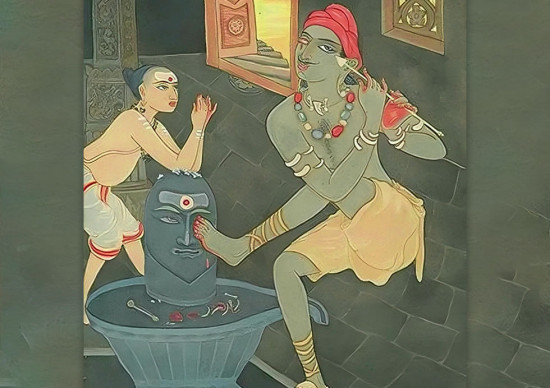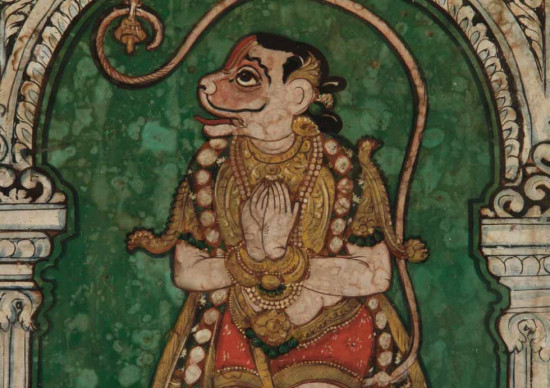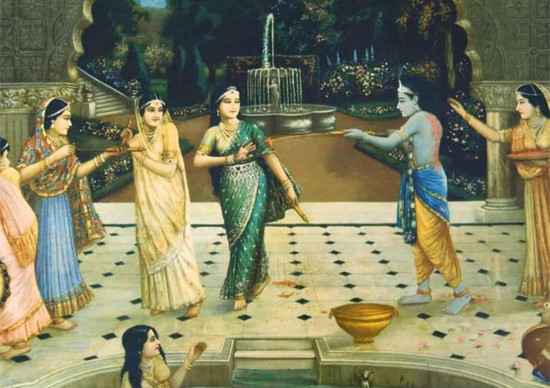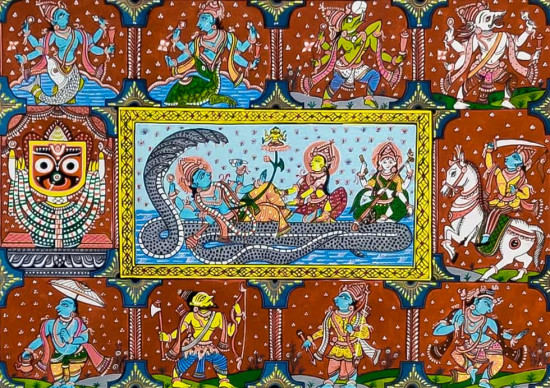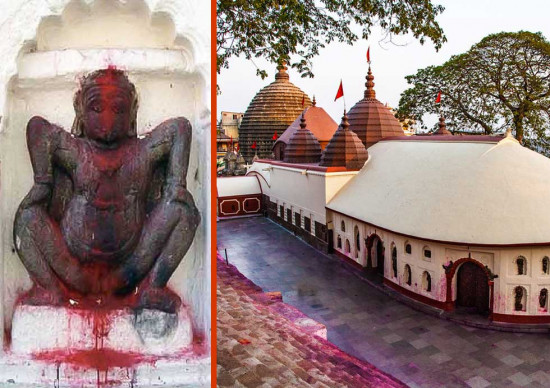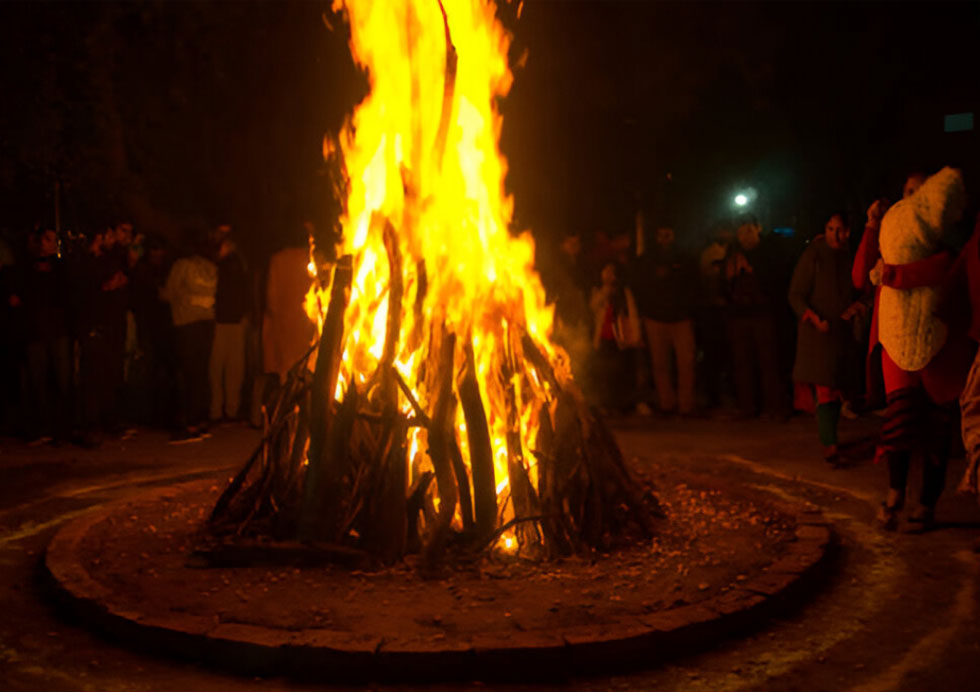
Lohri is a popular and joyous winter festival of harvest that is celebrated in the northern parts of India, particularly in Punjab. It is celebrated the night before Makar Sankranti with great enthusiasm and fervor in the north Indian region. Lohri is a popular winter folk festival that is mostly celebrated in the North Indian states of Punjab, Haryana, Himachal Pradesh, and the neighboring states.
Lohri is not merely about rituals and customs; it also holds a special meaning for farmers as it is a harvest festival, celebrating the end of the cold nights of the winter solstice. This festival is a time for family, friends, and communities to come together, enjoy hearty foods, and celebrate nature’s abundance.
Lohri is not merely about rituals and customs; it also holds a special meaning for farmers as it is a harvest festival, celebrating the end of the cold nights of the winter solstice. This festival is a time for family, friends, and communities to come together, enjoy hearty foods, and celebrate nature’s abundance.
Significance of Happy Lohri
It also signifies a new beginning, and new Rabi crops and hopes for a fruitful harvest are primed together. Lohri is also well known as a “Lohadi” or “Lal Loi” by our ancestors. Lohri represents the end of the sowing season of winter crops and makes way for a good harvest season. On this day, Punjabi and Hindu communities pray to the Sun god (Surya devta) and Fire God (agni) for agricultural prosperity and abundant harvesting of the crops sown before the winter season.
In the present times, Lohri has been celebrated along with fancy food, dancing around the fire to chartbuster melodies with your family and friends, and just enjoying the bonfire. But there is a very deep religious and undefined history correlated with the festival. Check the historic value of Lohri and how the way of celebrating has evolved.
In the present times, Lohri has been celebrated along with fancy food, dancing around the fire to chartbuster melodies with your family and friends, and just enjoying the bonfire. But there is a very deep religious and undefined history correlated with the festival. Check the historic value of Lohri and how the way of celebrating has evolved.
Lohri 2025: Celebration Date
As we come close to Happy Lohri 2025, there's a bit of a puzzle regarding when is Lohri 2025. Well, Lohri is set to be celebrated on January 13, 2025, falling on a Monday. It brings with it the warmth of bonfires, traditional songs, and joyous celebrations. This festival is known by different names in various regions such as Pongal in South India, Bhogi in Andhra Pradesh, Bhogali Bihu in Assam, Uttarayan in Gujarat, and Makar Sankranti in Central India.
History Behind Lohri 2025
Lohri is a delightful festival with various myths and stories surrounding the origins of the festival, some of them linked with the Sun God and the harvest. But do you know the real
The history behind the Lohri festival and the history of the song "Sundar Mundariye” which is usually sung during the Lohri festival.|
The history of Lohri is soaked in a wealthy tapestry of history, twisted together with captivating legends and stories that trace back to ancient times. Among these tales, one of the most celebrated stories is that of Dulla Bhatti, a beloved folk hero from Punjab because of his adventures and deeds.
Dulla Bhatti was born in Pindi Bhattian (now in Pakistan) and was a Robinhood during the supremacy of Mughal Emperor Akbar. Dulla Bhatti was a bandit but also known for his bravery and helping the poor. He aimed to gather money and gold from the wealthy people and share them with poor village people and support girls who had been forced into slavery.
One of the famous stories about Dulla Bhatti that most of the time people shared during Lohri. Dulla Bhatti saved two girls named Sundri and Mundri who were in their toughest time and facing the possibility of being sold into slavery.
But Dulla Bhatti took the heroic step and rescued them, and then he also arranged their marriages. He treats both of the girls like his own sisters. In the Lohri celebrations, people come together to sing folk songs, share Dulla Bhatti's story, and tell people about his kindness and bravery with lots of gratitude.
The history of Lohri is soaked in a wealthy tapestry of history, twisted together with captivating legends and stories that trace back to ancient times. Among these tales, one of the most celebrated stories is that of Dulla Bhatti, a beloved folk hero from Punjab because of his adventures and deeds.
Dulla Bhatti was born in Pindi Bhattian (now in Pakistan) and was a Robinhood during the supremacy of Mughal Emperor Akbar. Dulla Bhatti was a bandit but also known for his bravery and helping the poor. He aimed to gather money and gold from the wealthy people and share them with poor village people and support girls who had been forced into slavery.
One of the famous stories about Dulla Bhatti that most of the time people shared during Lohri. Dulla Bhatti saved two girls named Sundri and Mundri who were in their toughest time and facing the possibility of being sold into slavery.
But Dulla Bhatti took the heroic step and rescued them, and then he also arranged their marriages. He treats both of the girls like his own sisters. In the Lohri celebrations, people come together to sing folk songs, share Dulla Bhatti's story, and tell people about his kindness and bravery with lots of gratitude.
How to Celebrate Happy Lohri?
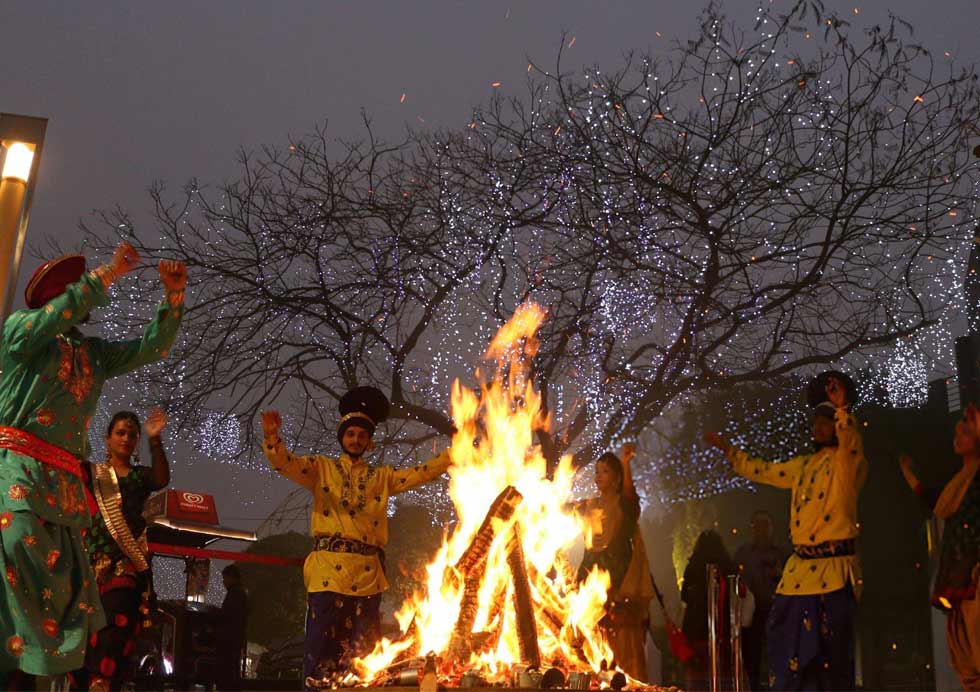
Lohri is celebrated by several traditions and rituals that are deeply rooted in the culture of Punjab and other parts of northern India. These customs are desired to celebrate the harvest and prosperity.
Lohri Bonfire
One of the best things about the Lohri festival is the big bonfire, called "Lohri Ki Aag." which makes the celebration more enjoyable. This bonfire represents letting go of the old harvest season and warmly welcoming the new one. On this joyous occasion, people come together around the fire, singing lovely traditional Lohri songs and tossing in sesame seeds, jaggery, and sugarcane as offerings to the bornfile. These special treats are symbols of prosperity, good health, and happiness and make the Lohri celebration even more enjoyable.
Traditional Dances
Lohri is such a joyful celebration, and one of the highlights is the dance and folk music. People love to join in on traditional dances like Punjabi bhangra and Gidda, with men and women dancing around the bonfire. The lively beats of the dhol create the perfect atmosphere, filling everyone with excitement and energy as they celebrate together and spend a wonderful time with families and friends.
Lohri Traditional Songs
Traditional Lohri songs like “Sundar Mundariye” are one of the epic songs that are sung during the festival along with other folk songs around the file. These melodies play through many generations which create a festive atmosphere in the cold breeze. The lyrics often include references to harvest, nature, and the community’s bond which makes it more special.
Traditional Food and Sweets
Lohri is a time when people come together to celebrate the festival with traditional food and sweets, collectively known as “Lohri ki Thali.” Families and friends gather to enjoy delicious meals as they commemorate the harvest and express gratitude for their bountiful crops. Traditional sweets like Til (sesame seeds), Gur (jaggery), and Gajak (peanut brittle) are commonly consumed, as they are believed to bring good luck and prosperity. A quintessential Punjabi dish, Sarson Da Saag and Makki Di Roti is also enjoyed, with a generous dollop of butter added to make the flavor more delicious.
Blessings for New Beginnings
Whether in rural areas or urban backgrounds, Lohri is celebrated as a momentous festival that represents new beginnings. Families with newborn babies, newlyweds, or those embarking on new experiences use this occasion to receive blessings for a prosperous future. The first Lohri celebration for a newborn or a newly married couple is marked with great excitement. On this day, elders of the family give their well wishes to them and support them for their new journey.
Lohri in the Modern Era
Lohri, originally an agricultural festival in India, is evolving into a broader cultural celebration. In urban areas, people organize grand bonfires, community gatherings, and family parties with music, dance, and food that bring people together. The festival is also significant for people who are outside of India in different countries like Canada, the U.S., the U.K., and Australia, where it helps immigrants stay connected to their heritage and share their traditions with younger generations.
Conclusion
Lohri is a festival that is deeply connected with our culture, tradition, and agricultural lifestyle, especially in northern India. Surprisingly it's evolving over centuries and expanding out of India as well. Whether in rural villages or urban cities, Lohri is an occasion for families, friends, and communities to come together, share stories, enjoy food, dance, and celebrate the triumph of light over darkness. On this festival, let’s embrace the spirit of joy, and togetherness, and see the hope for a prosperous year ahead.

